Moldova: A Strategic Investment Hub in Eastern Europe
Geography and Landscape
- Location: Tucked away in the southeastern part of Europe, Moldova lies on the Balkan Peninsula's northeastern edge, with the Prut and Dniester rivers as its natural borders.
- Size and Shape: Picture a country shaped like an upside-down bunch of grapes, covering an area of about 33,800 square kilometers—Moldova is a quintessential small European nation.
People and Culture
- Population: As of January 2023, Moldova is home to approximately 2.5128 million people.
- Ethnicity: The Moldovans make up 75.8% of the population, with other significant groups including Ukrainians, Russians, Gagauz, and Romanians.
- Cultural Ties: Moldovans and Romanians share a deep cultural bond, with a shared language and customs.
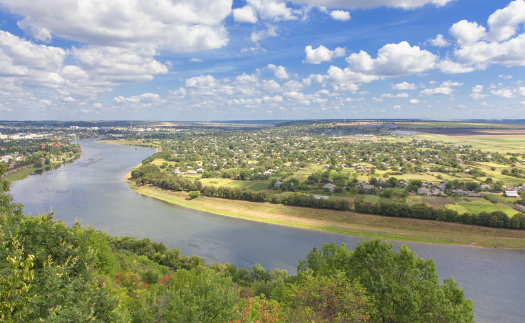
Religion and History
- Religion: Eastern Orthodoxy is the predominant faith, deeply influencing Moldova's culture and social fabric.
- Historical Journey: From the Dacians in 1359 to the Principality of Moldova, through Ottoman rule, Russian control, and Soviet era, Moldova gained independence in 1991.
Politics and Economy
- Political System: Moldova operates under a parliamentary republic system, with a President as the head of state and a Prime Minister as the head of government.
- EU Integration: A candidate for EU membership since June 2022, Moldova is poised to bridge the CIS and EU, offering significant geopolitical advantages.
Investment Opportunities
- Geographical Advantages: Moldova's strategic location offers broad trade cooperation and preferences through various economic mechanisms.
- Tax and Investment Incentives: With tax agreements with 50 countries and regions, including China, Moldova provides a business-friendly environment with a 12% corporate tax rate.
- Labor and Land Resources: Moldova boasts a well-educated workforce and fertile land, ideal for modern eco-agriculture.
Economic Potential
- Agriculture: Accounting for 60% of GDP, agriculture is the backbone of Moldova's economy, with a particular focus on grape cultivation and winemaking.
- Winemaking: Moldovan wines, like those from Cricova, are celebrated for their unique taste and quality.
- Food Processing: A developed industry focusing on sugar, oil, and tobacco products.

Business and Fiscal Highlights
- Fiscal Incentives: Moldova offers a range of fiscal incentives to attract foreign investment, including value-added tax refunds for long-term investment capital expenditures and reductions on company assets.
- Free Economic Zones: With 7 free economic zones, 2 free trade ports, 8 industrial parks, and 16 multifunctional industrial platforms, Moldova provides a robust infrastructure for business.
Economic Data and Foreign Direct Investment (FDI)
- FDI in 2022: Moldova saw a significant rise in foreign direct investment (FDI) to USD 4926 million, a 15% increase from the previous year。
- FDI as % of GDP: In 2023, foreign direct investment, net inflows were reported at 2.5212% of Moldova's GDP。
- GDP per Capita: In 2023, Moldova's GDP per capita was reported at 6651 USD。
- GDP Growth: Moldova's annual GDP grew by 2.4% in the second quarter of 2024, up from a 1.9% growth in the previous quarter。






















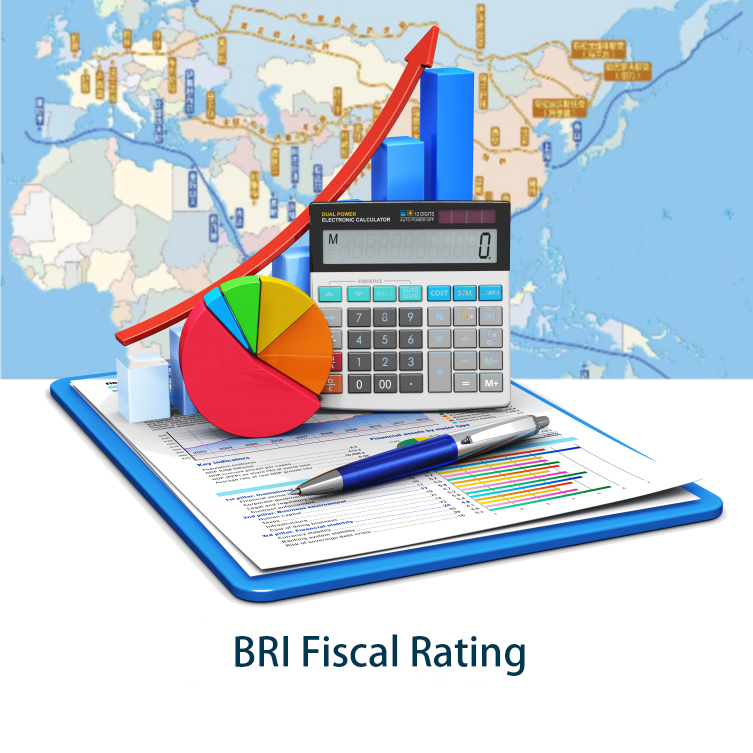
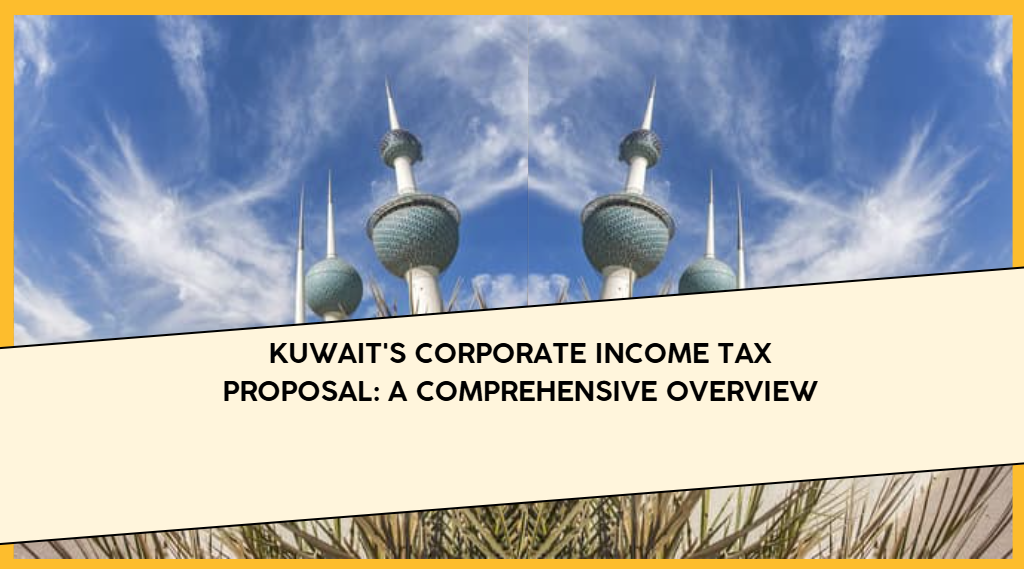
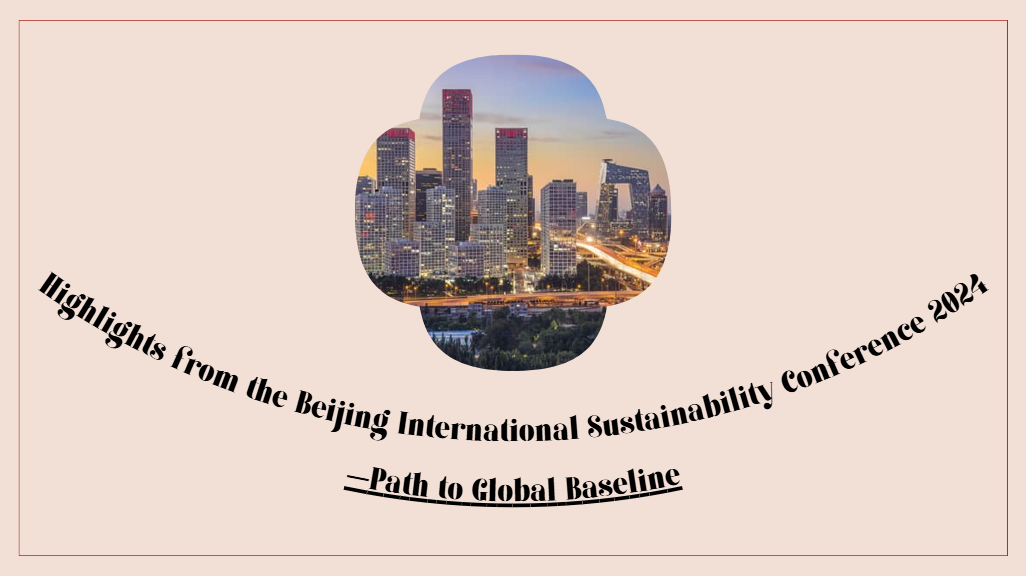
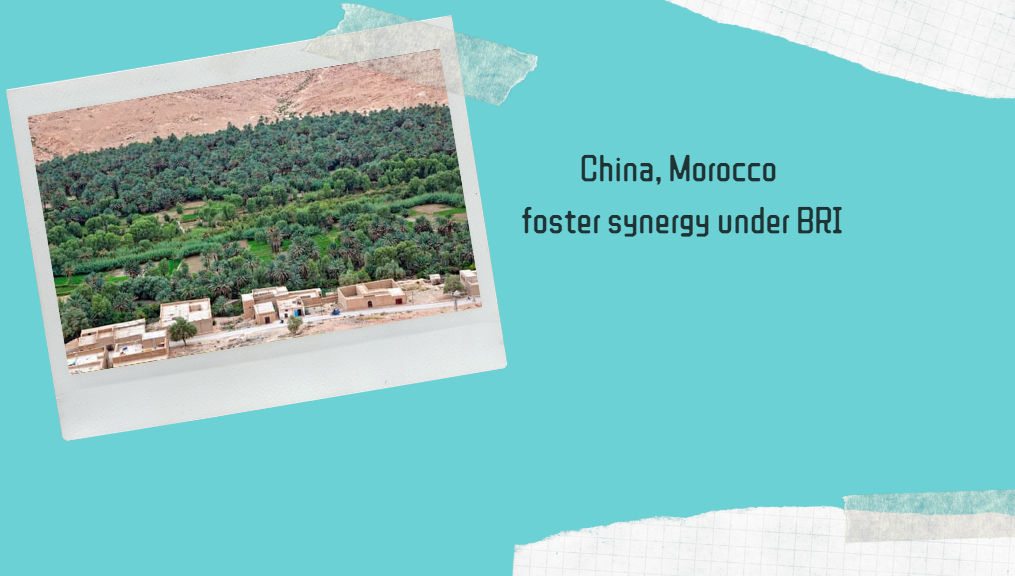
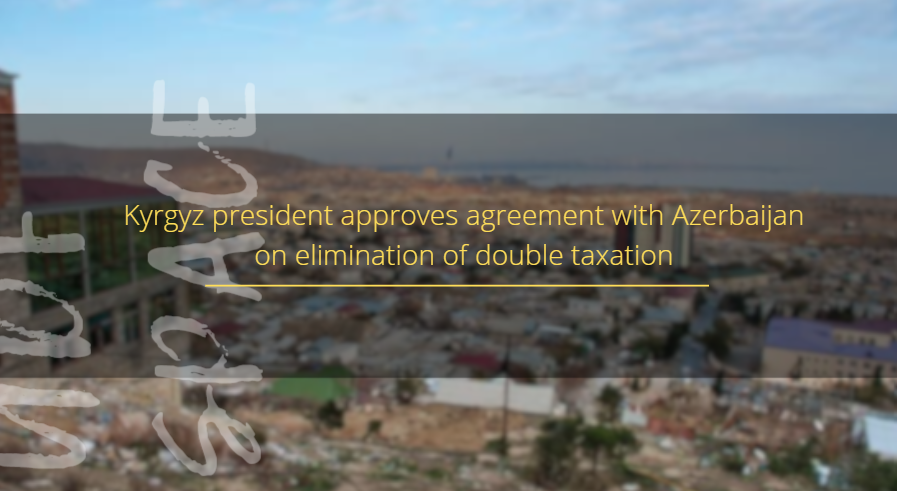




























First, please LoginComment After ~